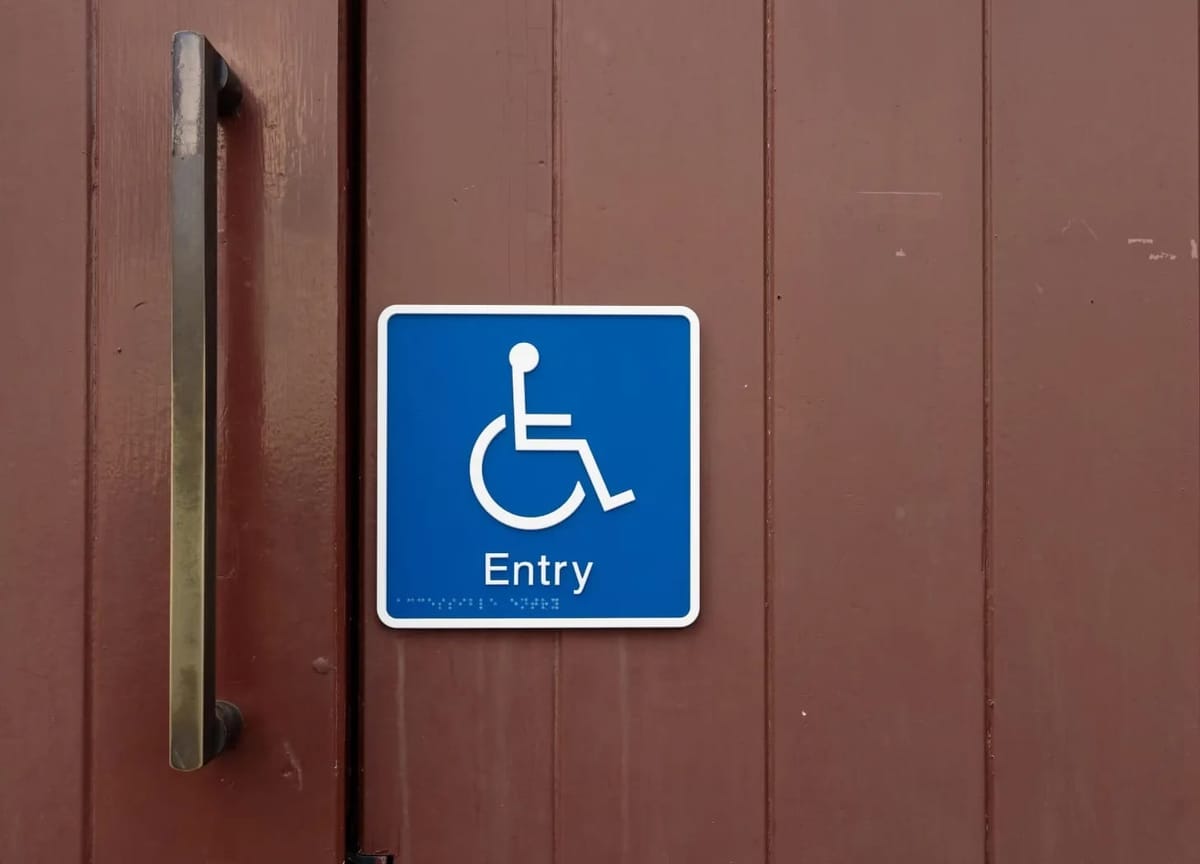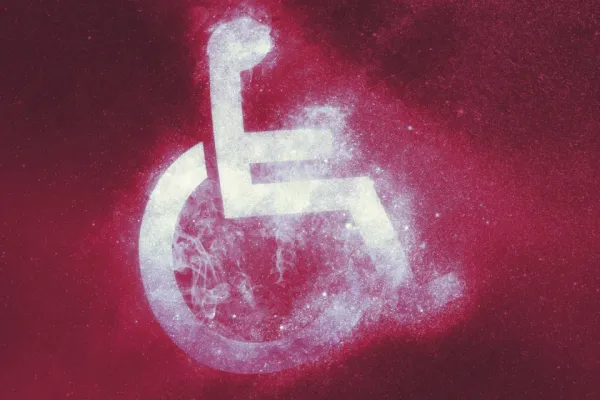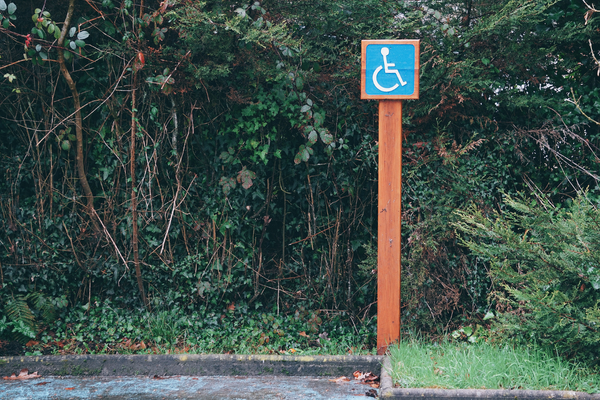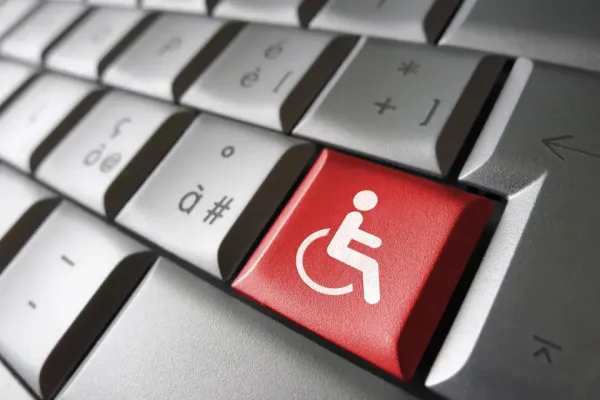7/22/25 - Home care, pregnancy, and the R-word

Good afternoon ...
Today's theme seems to be disability issues that have to be re-explained and re-litigated over and over, every few years. Each time, it is surprising and dispiriting that it seems like there is virtually no carry-over progress from the previous time. We have to make the same basic points again and again. Which sometimes makes it seem like there is simply no time or chance for actual, permanent progress. Fortunately, it also means that advocates and journalists do have opportunities to get better over time at explaining these perennial issues. Here are three examples ...

Disabled Americans Fear What Medicaid Cuts Could Do to Them
Maggie Astor, New York Times - July 21, 2025
"Medicaid is best known as a program for low-income people, but it is also a key vehicle by which disabled Americans of varying income levels receive health care that would otherwise be prohibitively expensive. June is one of about 4.5 million Americanswho depend specifically on its home- and community-based care services, which often come through specialized programs known as waivers."
This article does two important things. First, it explains how the Trump administration can assert that the recently passed "Big Beautiful Bill" doesn't cut home and community-based services for disabled people, because the threat to these programs is mainly secondary, not direct. They are highly likely knock-on effects on other Medicaid cuts to states. Second, the article does something that seemingly needs to be done every few years or so by a major mainstream news outlet. It explains what home care or "home and community-based services" are and what they mean to millions of Americans with a variety of significant disabilities. These services are central to disabled people's lives. But they are just unfamiliar and subtle enough that most Americans still don't really understand what exactly they do for disabled people, or how they work financially. In the late 2010s, we needed articles like this to stave off earlier efforts to cut Medicaid massively. A few years later, articles like this made the case for proposals to massively increase funding and reduce waiting lists for home care services. Now we need to remind people again because the first domino has finally, really been toppled. And disabled people, families, and activists are going to have to fight in their state capitols to prevent catastrophes.
Pregnancy Is a Minefield When You’re Disabled
Julia Métraux, Mother Jones - July 10, 2025
"Years later, a lightbulb went off in her head: some doctors don’t think disabled people ought to have kids ... Even among those who do, training is woefully deficient. Disabled people who become pregnant face a greater risk of complications—including far greater risks of death—at roughly equal rates across very different disabilities, a finding suggestive of underlying medical failures and biases."
This is a very thorough and compelling article that takes up another recurring disability issue – medical ableism affecting patients with disabilities – and makes it both more specific and broad. It provides a lot of information to back up what for disabled people are often simply common sense. It encompasses many different types of disabilities. It appropriately includes discussion of racism and sexism in medical bias. And it includes the stories and words of several actual disabled people, not just one or two. The piece is well worth reading in full.
The Truth About the R-Word, From the People It Hurts Most
Jackie Dilworth, The Arc - June 18, 2025
"This isn’t a minor slip in language. It’s a sign that empathy, dignity, and basic decency are being lost—and that impacts all of us. Choosing not to say the R-word is a start, but it’s not enough. We need more people to understand why the R-word is offensive, why it’s still harmful, and why it must stop."
This piece also includes statements from actual disabled people who are most affected, and feel most passionately, about the recent recurrence of another ableist habit – the R-word. Again it seems to be a cycle. For awhile, people start to "get" that it's not a harmless jibe, or a neutral and scientific name for a type of cognitive condition. Whatever it once was or is purported to be now, its effect is harm to disabled people. And a renewed popularity in use of the R-word is a pretty reliable signal of a culture, (or subculture like comedians or an age group, or a political trend), getting becoming meaner and less caring. That may not seem like a big deal to people who think it's cool to use the R-word again. But objectively, it ought to be. And it's so unnecessary.




Disability Thinking Weekday is a Monday-Friday newsletter with links and commentary on disability-related articles and other content. Please like, share, comment, and subscribe — for free, or with a paid subscription. A free subscription brings a newsletter to your email each weekday, and gives you access to Comments. Benefits of paid subscription also include:
- A monthly recap with links to all of the previous month's shared articles, organized by topic.
- Listing as a supporter, and a link to your website if you have one.
- You can recommend one disability-related article for me to share per month in a weekday post.
To to subscribe, upgrade to paid, or make a one-time donation, click one of the buttons below:

I am so thankful for your help and engagement, in whichever forms you choose!



